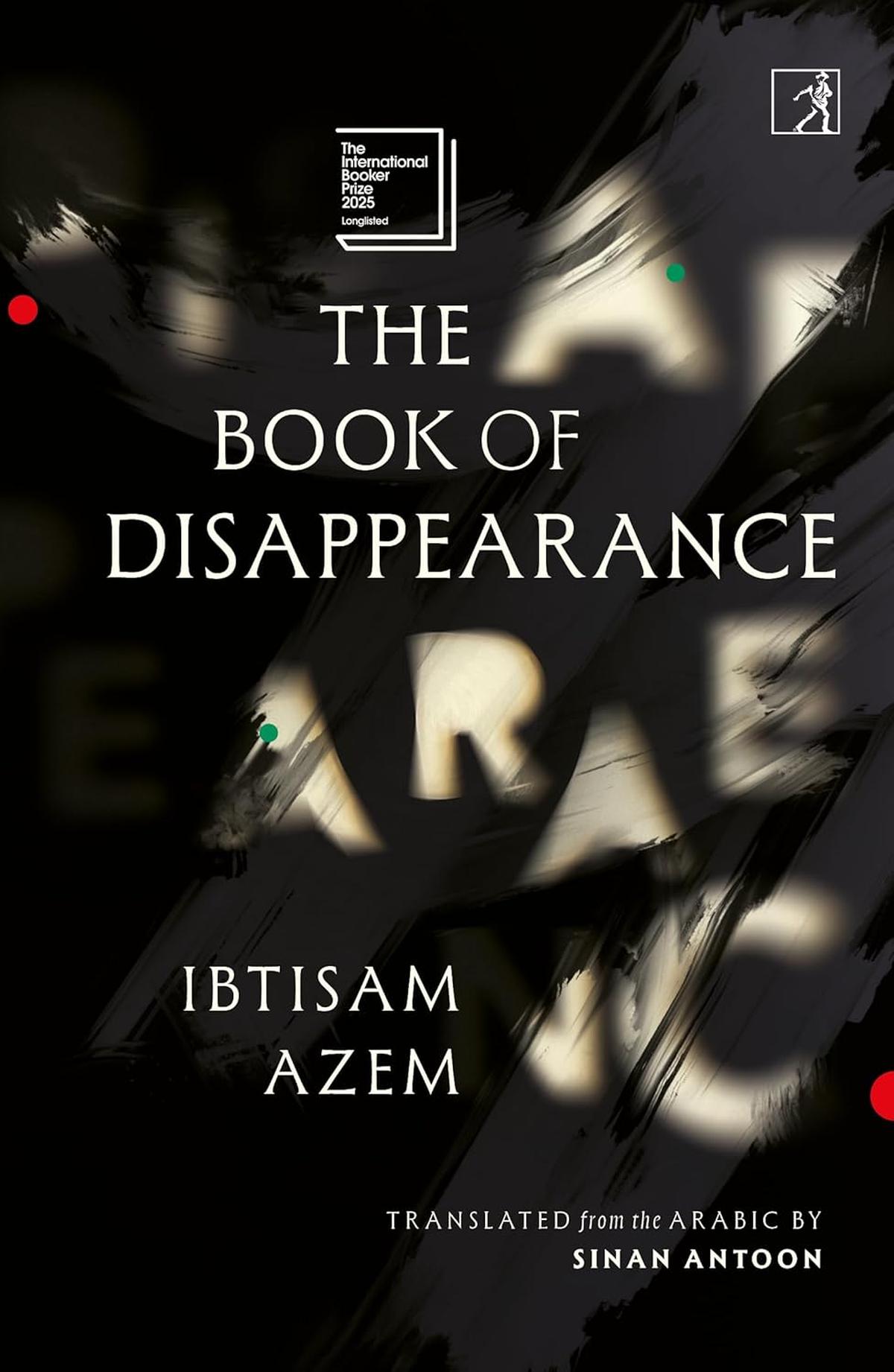[ad_1]
Candles lit in remembrance of children who lost their lives in the Palestine-Israel-Lebanon region, in the Netherlands, December 2024.
| Photo Credit: Getty Images
Amid the ongoing violence and relentless killing of innocent civilians in the Israel-Gaza conflict, Ibtisam Azem’s The Book of Disappearance, translated from the Arabic by Sinan Antoon, emerges as a poignant reflection of our times.
The novel, longlisted for this year’s International Booker Prize, begins with an event so strange it feels almost like a dark prophecy — Palestinians across Israel and the occupied territories simply vanish overnight. This surreal event is more than just a plot device; it serves as a powerful symbol of the systematic erasure and marginalisation that Palestinians have experienced since the Nakba (catastrophe) of 1948, when the expulsion of hundreds of thousands marked the beginning of a lasting tragedy.

The storyline plunges us into a world where absence speaks louder than existence, where disappearance transcends mere physical vanishing, becoming a haunting emblem of generations lost in the continuing battle for recognition, identity, and justice.
Questions of existence
The narrative revolves around Alaa, a Palestinian living in Tel Aviv, and his Jewish Israeli friend, Ariel. Their bond — marked by unspoken tensions and an understated camaraderie — becomes the lens through which author Azem, a New York-based Palestinian journalist, delicately examines memory, identity, and the fragile notion of belonging.
After Alaa disappears, Ariel is left to grapple with a profound emptiness, holding onto Alaa’s red notebook — a collection of reflections, memories, and letters to his late grandmother, Tata. Through his grandmother’s words, Alaa revisits the Nakba, using her vivid recollections to bring history to life in a way that is both personal and painfully real. This blurs the lines between individual loss and the collective struggle for justice, urging readers to consider the lengths to which a people must go to reclaim their rightful place in history.

Author Ibtisam Azem
Azem’s prose, rendered with lyrical precision by translator Antoon, weaves together individual memory and shared experience, particularly in cities like Jaffa, where the past casts a long shadow over the present. Alaa’s notebook brings to life the world he comes from — its fading smells, forgotten songs, and the unspoken grief of a people marked by a stolen past. The novel’s structure, blending Alaa’s diary with Ariel’s perspective, creates a moving exchange between presence and absence, and poses the question of existence in a land that denies its people’s history and seeks to erase their heritage.

Translator Sinan Antoon
Literature as a record
The book is not merely a tale of disappearance and grief; it unfolds as a thoughtful meditation on resilience. Through memory and the written word, the author reveals how storytelling itself becomes a form of resistance. What remains is the lingering presence of those who were made to vanish. Through its evocative portrayal of a culture defined as much by absence as by existence, Azem’s novel achieves a rare universality while remaining deeply personal.
This novel is part of a growing body of Palestinian literature that seeks to confront and preserve the stories of a people whose lives are continually threatened by displacement, targeted violence, and cultural extermination. Writers like Ghassan Kanafani, Mahmoud Darwish, Randa Jarrar, and Susan Abulhawa have long grappled with themes of exile, belonging, and the relentless pursuit of dignity in a land that remains both a refuge and a battleground. Their works, like Azem’s, explore the deep-rooted and often painful bond Palestinians share with their homeland, and the enduring struggle to live with self-respect under a prolonged occupation.
As Palestinians continue their fight for a life of dignity in the land of their ancestors, literature stands as one of their most potent instruments — ensuring that their truth, and their call for justice, resonates far and wide. The Book of Disappearance is a worthy addition to this literary tradition.
The reviewer is a Mumbai-based novelist, screenwriter, and banker.
The Book of Disappearance
Ibtisam Azem, trs Sinan Antoon
Simon & Schuster
₹499
[ad_2]
Review of International Booker Prize-longlisted The Book of Disappearance by Ibtisam Azem









